Plumbing Problems New Home Buyers Should Look For
One of the most daunting experiences of one’s life is buying a new home, yet it is also one of the most rewarding. This is a life-changing decision that requires an equally large financial investment, making it easy to feel overwhelmed. It demands careful planning and cautious choices. In the process of choosing where to move, you need to ask yourself questions such as, how well do you know the city or country that you’re moving to? The reality is that moving with a certain level of permanency raises different considerations, regardless of whether or not you’ve been there before. Before moving into your new city, research it thoroughly with the help of this post – or one similar to it, depending on where you’re moving. Plan ahead when looking for a home, and it will help you set boundaries while also showing you where you need to be flexible.
While there are different factors to look at while purchasing a house, one of the most important aspects that you need to consider is the cost of maintenance and repairs. If you do this, you will avoid getting into financial problems in the future and you will be able to maintain the condition of your house. So it is more than important to make sure you do a home inspection prior to buying a new home, whether you are looking for homes for sale in ponte vedra fl or anywhere in the country. It does not matter whether you are building your new home or purchasing an existing home from the current homeowner. Inspections help ensure everything is in proper working order and help identify potential problems. If you are looking to buy a house and you have already checked out wholesale mtg lenders to get the financial backing that you need, you must feel secure in what you are buying so you are not wasting any money.

Being made aware of any potential problems does not mean you should not buy the home. Rather, it means you should use this knowledge to negotiate the terms of the sale of the home. For instance, if the home needs new bathroom plumbing installed, you could require the current owner to replace it before you will buy the home. Another option is to request a lower sales price to offset your costs of replacing the plumbing after you purchase the home.
- Home Buying Tip: Make sure to include a home inspection contingency period in your sales and purchase agreement. The contingency period should allow for a date range from pre-purchase/pre-closing to post-purchase to verify everything is as expected. The contingency should spell out who is responsible for any repairs or replacements and how these will be handled. For instance, during the aforementioned period, if you find that your new house seems to have faulty electrical panels and needs repairs as they can spiral into life-threatening issues, then the contingency could help you in obtaining the expenses (from the seller) that might be required to fix your electrical panel. Who knows, the seller might just pay for the necessary repair or upgrade (whichever is required).
What plumbing areas should be inspected?
When you are viewing homes, you can do your own inspection of different plumbing areas to see if there are potential problems. Then, once you decide to make an offer on a home, you will want to have a professional conduct a detailed inspection. The areas that should be inspected include:
- Sinks: Check for leaking faucets. Turn the faucets on to make sure water does not leak from the faucets while the water is running. Open up cabinet doors and look underneath for signs of leaks inside the cabinet.
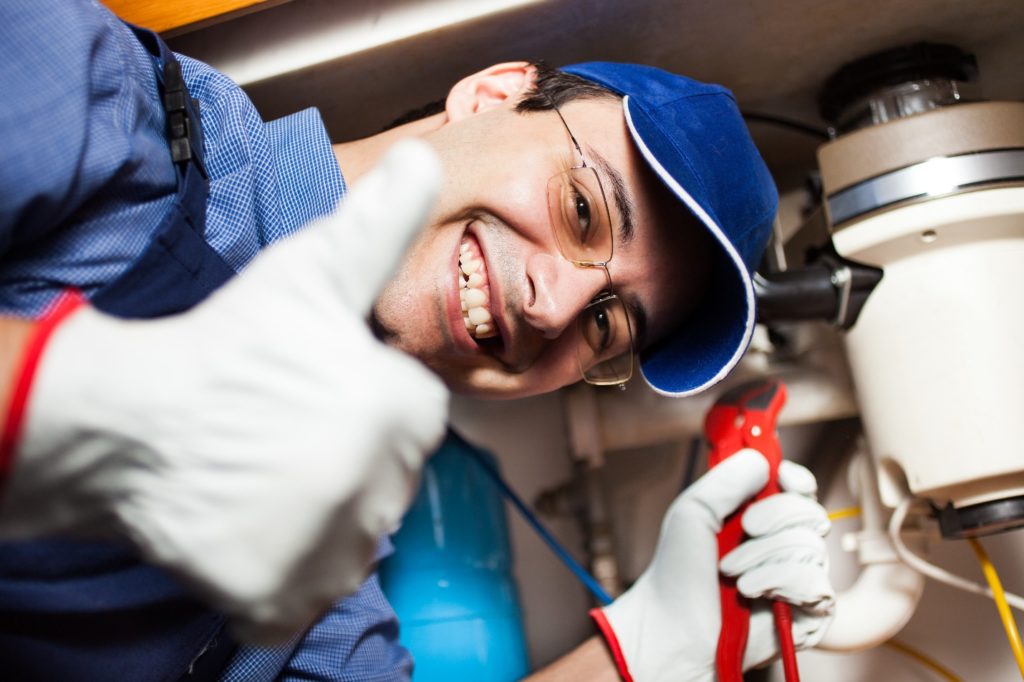
- Water Pressure: Turn on the faucets and showers to ensure there is sufficient water pressure. You should turn on multiple faucets/showers to make sure pressure does not drop when more than one area of the home is running water. In addition, flush the toilet while the shower is on to see if the pressure drops or the water temperature changes.
- Toilets: Open the tank lid and check the condition of the interior flush mechanisms. Flush the toilet and verify the tank fills up correctly. Look around the underside of the tank for signs of water leaks. Check around the base of the toilet for leaks. If you notice any discolored areas on the tank, toilet, or around the base, these could indicate leaks.
- Hot Water Heater: Find out the age of the hot water heater. On average, tank-based heaters will last around ten years. If the tank is nearing this age or older, it will need to be replaced at some point in the near future. Look for signs of leaks and rust around the tank. Verify the tank has an emergency release mechanism, along with a drain pan under it.
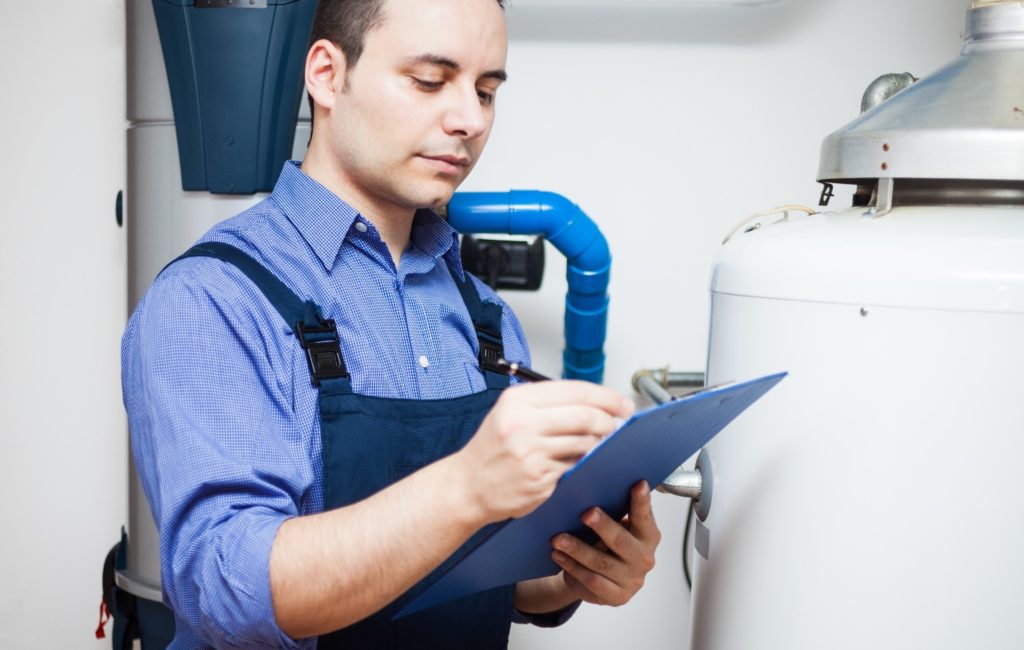
- Sewage Drain Pipes: Even if water drains normally and the toilet flushes properly, it does not mean there aren’t potential issues with sewer lines. You will want to get a professional plumber to inspect the pipes for you and check for potential leaks, cracks, tree roots, and other problems.
- Septic Tank: If the home has a septic tank, you will want to find out when the last time it was emptied. No one wants to buy a home and have to deal with an overflowing septic tank on move-in Your plumber can verify how full the tank is to give you an idea of when it will need to be emptied.
- Type of Plumbing: You will want to know what type of plumbing is used throughout the home. Older homes, especially those built in the early 1980s and earlier, may have galvanized or lead pipes. Both of these types of plumbing lines should be replaced with modern pipes. Lead pipes can be a hazard to your health. Galvanized pipes can erode, rust, and create other plumbing problems.
- DIY Plumbing Repairs: Look for signs of DIY plumbing repairs the existing homeowner may have done themselves. Your plumber can also check for these repairs. You want to verify the repairs they made were done correctly.
- Basement/Crawl Space Plumbing: You want to check for signs of leaking pipes. Additionally, pipes should be protected against freezing for those occasional cold snaps we experience in the Austin and San Antonia areas.
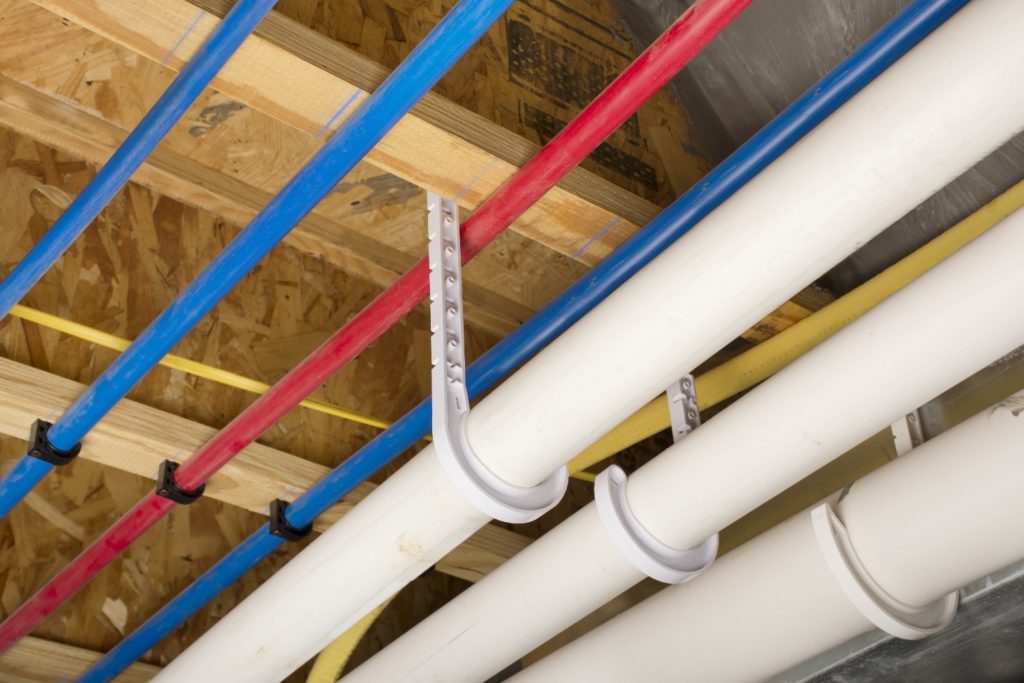
- Slab Leak Detection: Have your 24-hour plumber perform a slab leak detection if the home you built or are buying is on a slab and does not have a crawl space or basement.
- Sump Pump: If the home has a sump pump, verify its age and condition. Your plumber can also check this for you, as well as verify it pumps water out of the holding tank correctly.
- Air Conditioner Drain Pipe: Air conditioners will have a drain pipe for water to drain out of. You want to check this pipe to make sure it is not clogged and the water is draining away from the home and unit.
If you notice any issues during your initial walk-through and self-inspection, make sure to keep track of these. You will want to make sure to discuss any issues you found with your realtor when considering to make an offer to buy the home and how much to offer.
If you do decide to make an offer on the home, and the seller will be responsible for making the repairs, remember to schedule a follow-up post-repair inspection using your own plumber. You need to verify the repairs were completed correctly and as agreed upon.
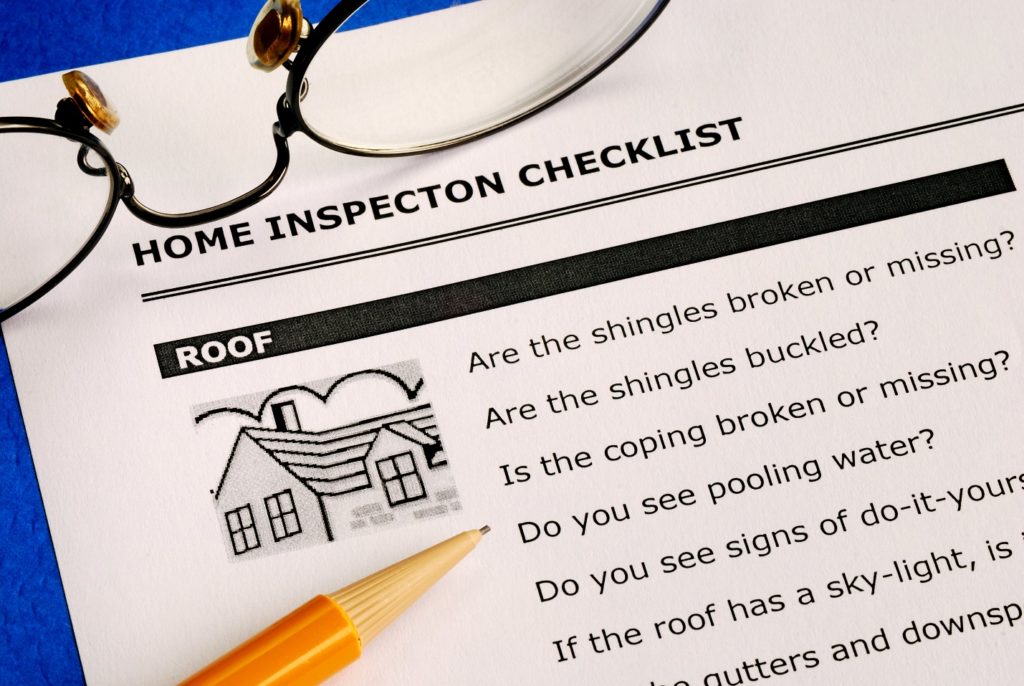
Do you need a plumber to do a plumbing inspection separate from the “normal” house inspection?
A “normal” house inspection covers inspecting the entire home, from checking the roof to looking for signs of termites. Most professional and licensed home inspectors will also check the plumbing, along with the heating and cooling system. However, they may not always find every potential issue. This is because they have a checklist of items they are inspecting and certain plumbing and heating and cooling system items are not always on this list.
As such, it can be beneficial to hire your own plumber to inspect the plumbing and heating and cooling system. Your professional will know what problems and issues to look for and can uncover things missed during the whole house inspection.
- Plumbing Inspection Tip: If there was already a whole home inspection completed, make sure to give your plumber a copy of the inspector’s report. They can use this to verify the plumbing and heating and cooling system items on the list were inspected and reported correctly.
What if I didn’t get a detailed plumbing inspection and discover problems after I move in?
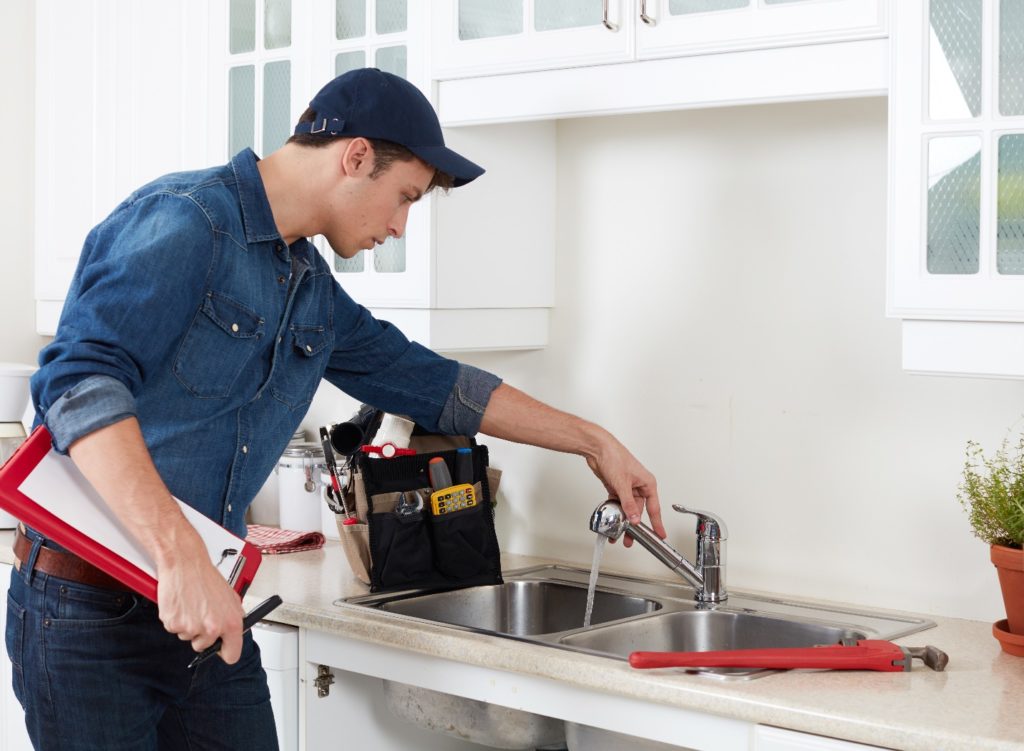
If you remembered to include a home inspection contingency period in your sale agreement, then you would follow whatever terms and conditions you and the seller agreed upon. For instance, you call a 24-hour plumbing service, get an estimate of repairs, and then contact the seller or their agent to arrange payment of the repairs.
If you forgot to include a contingency period or if it has expired, then you will have to cover the costs of repairs yourself. Depending on the type of problem, a portion of the repairs or replacement could be covered by your homeowner’s insurance. You will want to contact your insurance agent to find out if you need to file a claim.
- Bonus Home Buying Inspection Tip: With the home’s heating and cooling system, you want to verify its age. On average, most central air conditioning units last between ten and fifteen years, while furnaces last between fifteen and twenty-five years. If you are buying a home with an older heating and cooling system, it is equally important to get a detailed inspection to determine the average remaining useful life of the system.
To arrange a plumbing inspection along with a central heating and cooling system inspection for a home you are considering buying or have recently built, please feel free to contact your nearest Christianson Air Conditioning & Plumbing location in San Antonio, Temple, New Braunfels, or Austin today!
If you recently purchased a home and have discovered plumbing or heating and cooling problems, we are also here with regular and emergency 24-hour plumbing services!



Sorry, comments for this entry are closed at this time.